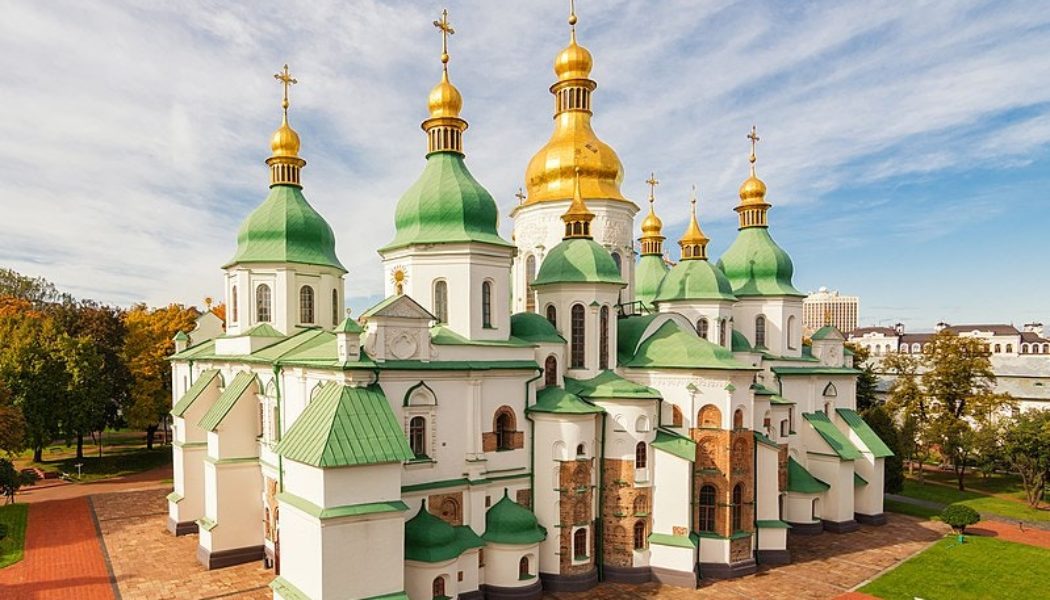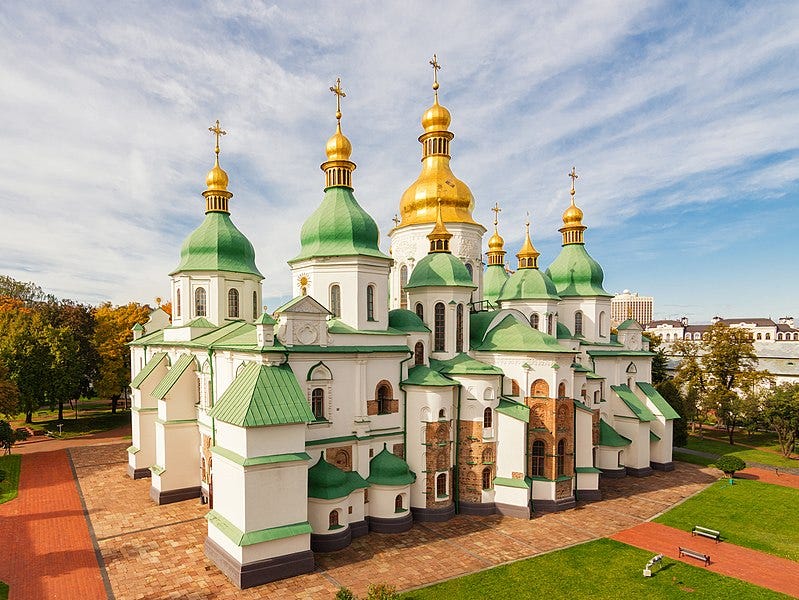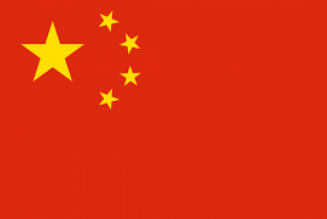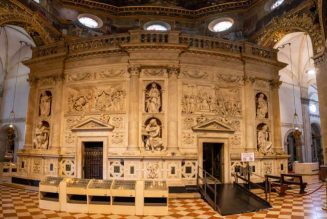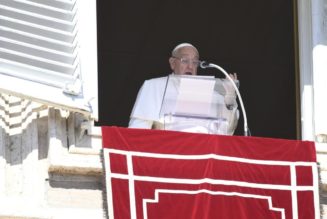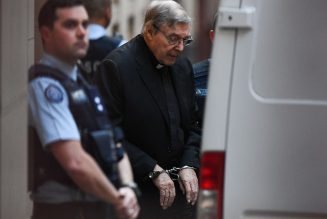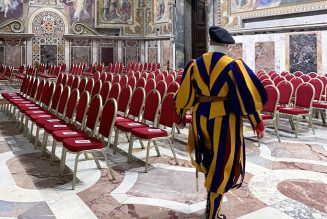As Moscow’s Patriarch Kirill continues to support the Russian invasion of their country, priests in Ukraine’s Russian-affiliated Orthodox Church say their communion is splintering, and a formal divide now seems to many inevitable.
A growing split comes as bishops and priests of the Ukrainian Orthodox Church of the Moscow Patriarchate (UOC-MP), which falls under Kirill’s jurisdiction, push back against the Moscow patriarch’s support for Russia’s Feb. 24 invasion of Ukraine.
Despite the well-known pro-Russian sympathies of the UOC-MP’s leader, Metropolitan Onufriy of Kyiv condemned the Russian president’s actions on Feb. 24, the first day of the war, describing Putin’s aggression against Ukraine as “Cain’s crime” — fratricide.
At the same time, several UOC-MP bishops announced they would cease commemorating Patriarch Kirill, who has been seen to give cover the invasion, in their liturgies.
Fr. Maksym Dynets of the UOC-MP is from Sumy, in eastern Ukraine. He told The Pillar that the initiative for that cessation came from his diocese, which directly borders Russia:
“The initiator was Fr. Serhii Shulga. We collected signatures and submitted them to the bishop. We have issued an ultimatum that we will not take part in services where the name of the Moscow Patriarch will be heard. Then the process followed the domino effect in other dioceses. It was a bottom-up initiative because most of our bishops, unfortunately, remain pro-Russian because they receive financial aid from there.”
But Serhiy Bortnyk, a theologian at the Kyiv Theological Academy of the UOC-MP, told The Pillar that the liturgical non-commemoration is not as significant as it might seem.
“In the 1990s, Patriarch Alexy II [Kirill’s predecessor] said that if the mention of his name in the liturgy interferes with the existence of the Church in Ukraine, it can be avoided,” Bortynyk explained.
“That is why there are parishes in Ukraine where the patriarch has not been commemorated for 30 years. Now the bishops are worried about their power, so they decided to take such a step.”
In Moscow, Patriarch Kirill has had an ambiguous reaction to the UOC-MP bishops who dropped his name from their liturgy. The bishops were accused of schism but faced no canonical punishment.
Division within the UOC-MP comes as Vladimir Putin has accused the Ukrainian government of trying to destroy the Russian-affiliated Church.
Putin accused Ukraine of trying to harm the UOC-MP during a speech last month which aimed to justify his invasion of Ukraine. His words on the subject were a logical continuation of Russia’s efforts to present the war it has waged on Ukraine since 2014 as both a geopolitical conflict and a religious one.
In a way, it is true that the war is a religious one, and the UOC-MP has been near the center since the beginning.
In June 2014, Russian-backed forces operating as the militant “Russian Orthodox Army” (ROA) in the Donbas region of eastern Ukraine were involved in the murder of four Pentecostal pastors, and the persecution of other denominational and religious believers.
At the official level, the UOC-MP distanced itself from the ROA’s actions. But for eight years, its leadership took an ambiguous position on Russia’s actions in Ukraine. On the one hand, UOC-MP bishops called on the parties to reconcile, and expressed support for Ukraine’s sovereignty. At the same time, bishops refused to offer a moral assessment of Russia’s occupation of Crimea and the proxy war in Donbas.
For eight years, the hybrid nature of Russian aggression in Ukraine allowed the UOC-MP to remain in a kind of gray zone. But on February 24, 2022, when Russian troops surged over the border, everything changed, as UOC-MP leaders, including Metropolitan Onufriy, began to condemn the Russian invasion.
But at the same time, Kirill has continued to increase his support for Russian troops in Ukraine, saying in a sermon on March 6 — Forgiveness Sunday in the Orthodox calendar — that the war in Ukraine has a physical and a metaphysical dimension, that it is a struggle between the civilizations of sin and holiness.
UOC-MP priests with whom The Pillar spoke this week have a negative assessment of the patriarch’s words and action.
Fr. Andriy Kliushev, a UOC-MP priest in Irpin, near Kyiv, stopped commemorating Patriarch Kirill in 2014.
He described the patriarch as the “ober-procurator” of the Holy Synod.
“In tsarist Russia there was such a position, the minister who oversaw religious affairs. I used to respect [Kirill] a lot; we had high hopes for him. But now I’m disappointed. [Kirill] can not stop the war. But he could tell the truth into the face of the ‘tsar’ as Metropolitan Philip II of Moscow once did, exposing the atrocities of Ivan the Terrible.”
“Although,” Kliushev noted, “Phillip was a confessor who died as a martyr.”
UOC-MP priest Fr. Maksym Dynets assessed the position of Patriarch Kirill even more sharply, telling The Pillar he thinks the Church in Russia has become a mouthpiece of state propaganda.
“This structure is not only less and less Orthodox but also [less] Christian. What we’ve heard is not the voice of the Church; this is the voice of Goebbels’ state propaganda,” Dynets said.
Even before the war, the authority of Patriarch Kirill was not well-regarded in Ukraine.
According to the Razumkov Center, the most authoritative Ukrainian think tank, 19% of the population trusted the patriarch in 2021, and 42% distrusted him. By comparison, 42% of Ukrainians declared their trust in Pope Francis that year, and only 15% distrusted.
After Russia’s Feb. 24 invasion, the number of Ukrainians who support the patriarch has likely dropped significantly.
Father Andriy Kliushev told The Pillar that “even the supporters of the Russkiy Mir received their sight” amid the invasion.
“I am a Russian-speaker, my grandfather is from Siberia. But no one insults us here. We didn’t need to be released from anyone,” the priest said.
But despite widespread frustration among UOC-MP clerics away from Moscow, no one can say how the UOC-MP’s future in Ukraine will take shape.
Orthodox professor Bortnyk is convinced the structure of the UOC-MP will not survive the war. And some priests say the UOC-MP should be separated from Moscow, becoming an autocephalous, or independent, Ukrainian Church.
Fr. Oleksandr Datsiuk of Vinnytsia told The Pillar that he has long advocated the autocephaly of the UOC-MP.
“My parishioners perceive the separation from the Moscow Patriarchate positively, and I perceive it positively and unequivocally,” he explained.
Fr. Mykola Danylevych of Kyiv told The Pillar he’s also seen a rise in pro-autocephalous sentiments among members of the UOC-MP.
But none of the UOC-MP priests who spoke with The Pillar said they are considering joining the Orthodox Church of Ukraine (OCU), an already existing autocephalous Ukrainian Orthodox church, which received formal recognition from the Patriarch of Constantinople and other Orthodox Churches in 2019.
Instead, priests say they are awaiting decisions from the UOC-MP’s Council of Bishops, which will probably convene after the end of the war to decide the future of this Church.
Bortnyk told The Pillar that many in the UOC-MP “are not psychologically ready to unite with the OCU. Therefore, even a probable break with Moscow will not mean a simultaneous transition to the OCU.”
Fr. Viktor Zemlianyi is in ministry in Rivne, in western Ukraine, where relations between the UOC-MP and the OCU are tense, especially because both Churches have a high number of parishes, and thus a sense of competition for loyalty from Orthodox believers.
Zemlianyi told The Pillar that, in western Ukraine, there is significant pressure on the UOC-MP from local communities to join the already independent OCU.
The priest said that dialogue between the Churches is possible in the future, if the OCU takes a peaceful and friendly attitude toward its UOC-MP counterparts.
Fr. Georgy Kovalenko of Kyiv was a well-regarded priest of the OUC-MP, until he joined the OCU in 2019.
Kovalenko thinks those UOC-MP priests who stopped commemorating the Moscow Patriarch should start a liturgical communion with the OCU.
“During these hard times we must start to concelebrate, and all organizational issues will be resolved after the war. To show that their position is not just words, they must take decisive steps. What is transferred to ‘someday’ never happens. But today, we need prayerful unity to serve our people,” the priest explained.
The present situation in Ukrainian Orthodoxy has no precedent in history, so it is almost impossible to predict how the case will develop further today.
The hypothetical existence of two autocephalous Churches within one state, with virtually no theological or liturgical differences, would be seen by most Orthodox theologians as a kind of canonical nonsense. And the autocephaly recognized by the Patriarchate of Constantinople in 2019 concerned all Orthodox parishes and dioceses in Ukraine, not just those who agreed to join the OCU.
But according to Church historian Dr. Andrii Smirnov of the University of Ostroh, there is a possibility for a temporary compromise during the transition period.
Smirnov told The Pillar that in his view, the UOC-MP will have to answer to Ukrainian society, as there are members of its episcopate and its clergy who have contributed to this war and even blessed the Russian military.
That pro-Russian circles exist in the UOC-MP is unquestionable, though today they avoid publicity and take a wait-and-see attitude.
But day by day, it will be more complex and more challenging for them to pass between the raindrops, as the chaotic bombing of peaceful cities by Russians, predominantly with the Russian-speaking population, leaves them little room for ambiguity.
That pressing reality is especially true for the leaders of this Church and the influential monasteries.
Fr. Dynets told The Pillar that in his view, the changing of the war demonstrates why changes for the UOC-MP are inevitable in Ukraine.
“The war revealed one big problem of the UOC-MP, namely the deep abyss between the bishops and their flock. It showed how far they are from the people and ordinary priests.”
Ed. note: In initial publication, The Pillar erroneously listed Metropolitan Onufriy as a patriarch, not a metropolitan. The error has been corrected. It is kind of a big blunder, since whether Kyiv has a patriarch is what a lot of this disagreement is all about. But please be assured, it was an error of The Pillar’s editors, and not Mr. Babynskyi. We apologize to him, to our readers, and to Onufriy.
Join Our Telegram Group : Salvation & Prosperity
